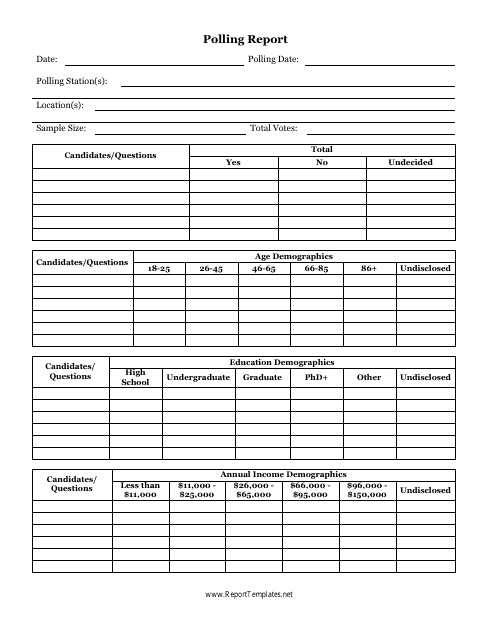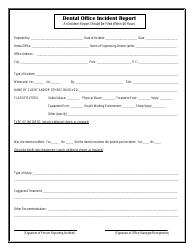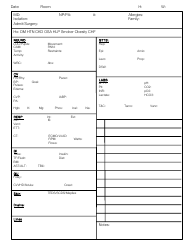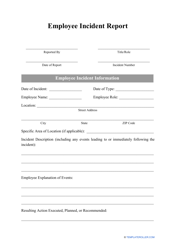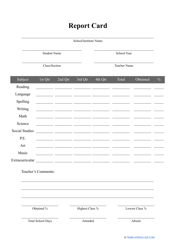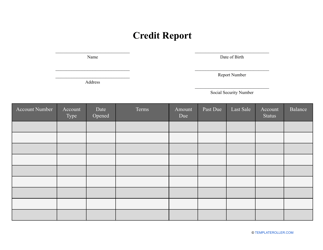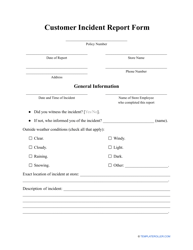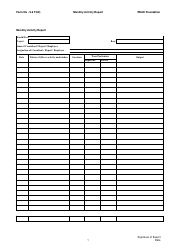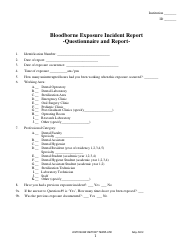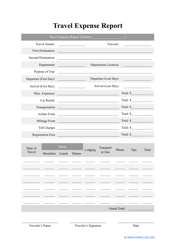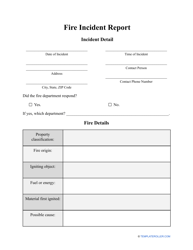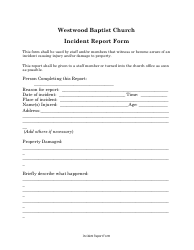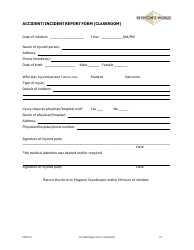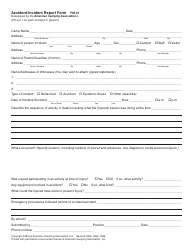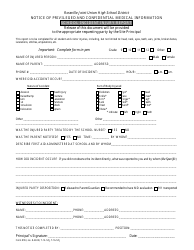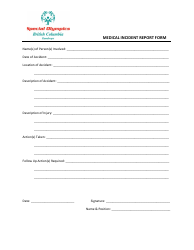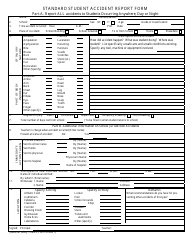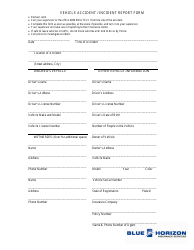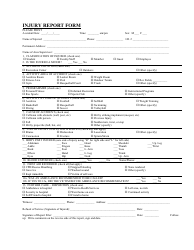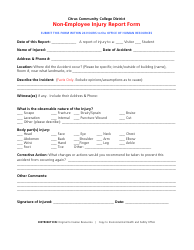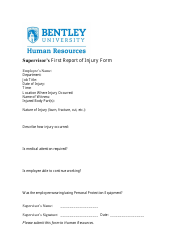Polling Report Template
A polling report template is a document used to present the results and analysis of polls conducted on a particular topic or issue. It provides a standardized format to organize and present the collected data, such as survey questions, response rates, and statistical analysis. This template is used to summarize and communicate polling findings to policymakers, stakeholders, or the general public.
The Polling Report Template is typically filed by the organization or individual responsible for conducting the polling data analysis and reporting.
FAQ
Q: What is a polling report?
A: A polling report is a document that summarizes the results of a survey or poll.
Q: Why are polling reports important?
A: Polling reports are important because they provide insights into public opinion and can help inform decision-making.
Q: Who creates polling reports?
A: Polling reports are typically created by polling organizations, research firms, or media outlets.
Q: What information is typically included in a polling report?
A: A polling report usually includes details about the survey methodology, the sample size, the margin of error, and the specific questions asked.
Q: How are polling reports used?
A: Polling reports are often used by politicians, businesses, and researchers to gauge public opinion on various issues and to inform their strategies and decision-making.
Q: How reliable are polling reports?
A: The reliability of polling reports depends on factors such as the sample size, the sampling methodology, and the accuracy of the questions asked. It's important to consider these factors when interpreting the results.
Q: Can polling reports predict election outcomes?
A: Polling reports can provide an indication of public sentiment, but they are not always accurate predictors of election outcomes. Other factors, such as voter turnout and campaign strategies, can also influence election results.
Q: Are polling reports biased?
A: Polling reports strive to be unbiased, but it's important to consider the methodology and potential sources of bias, such as the wording of the questions or the composition of the sample, when interpreting the results.
Q: How frequently are polling reports conducted?
A: The frequency of polling reports can vary. Some surveys are conducted on a regular basis, such as tracking polls during election campaigns, while others are conducted as needed for specific research purposes.
